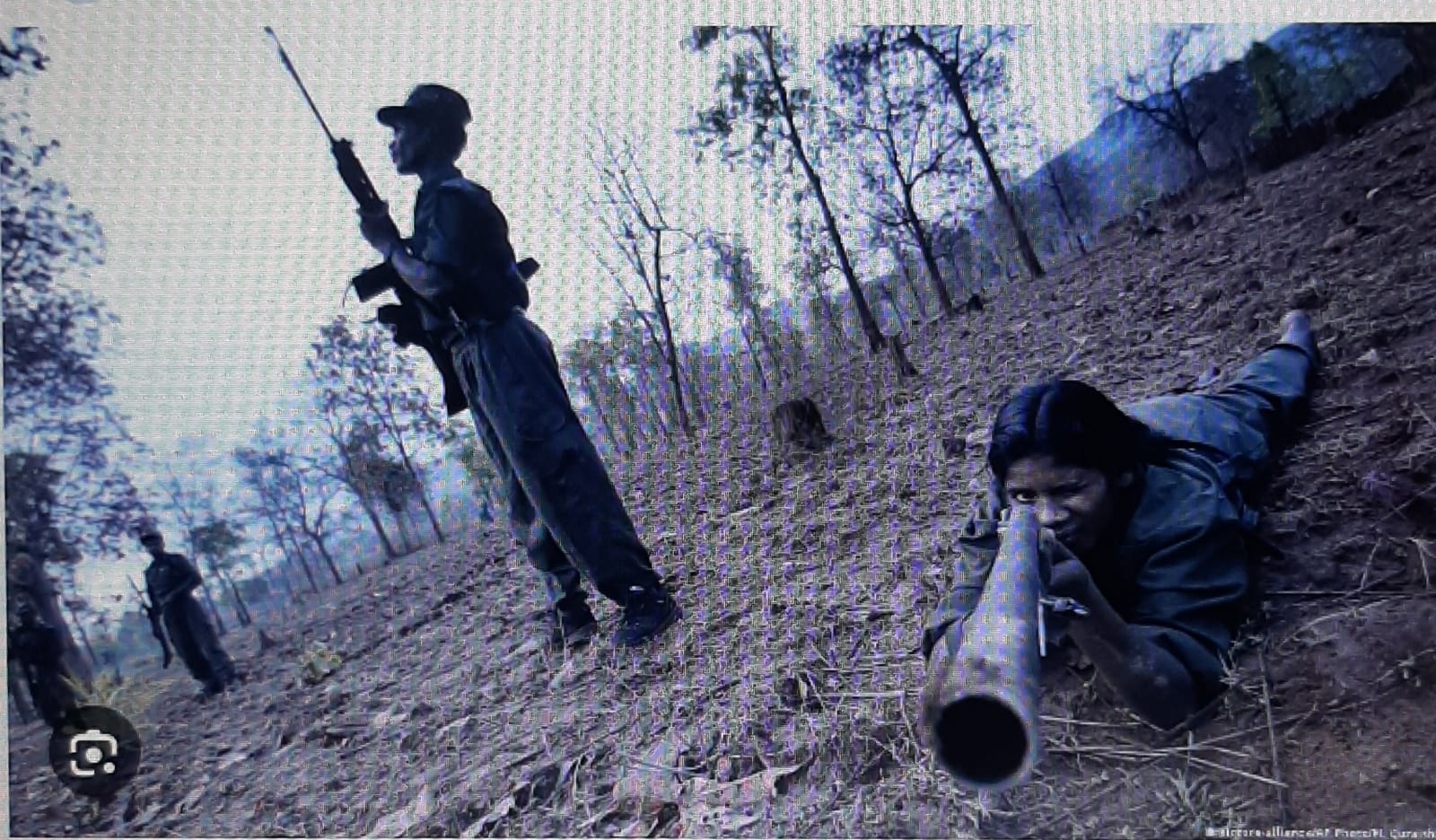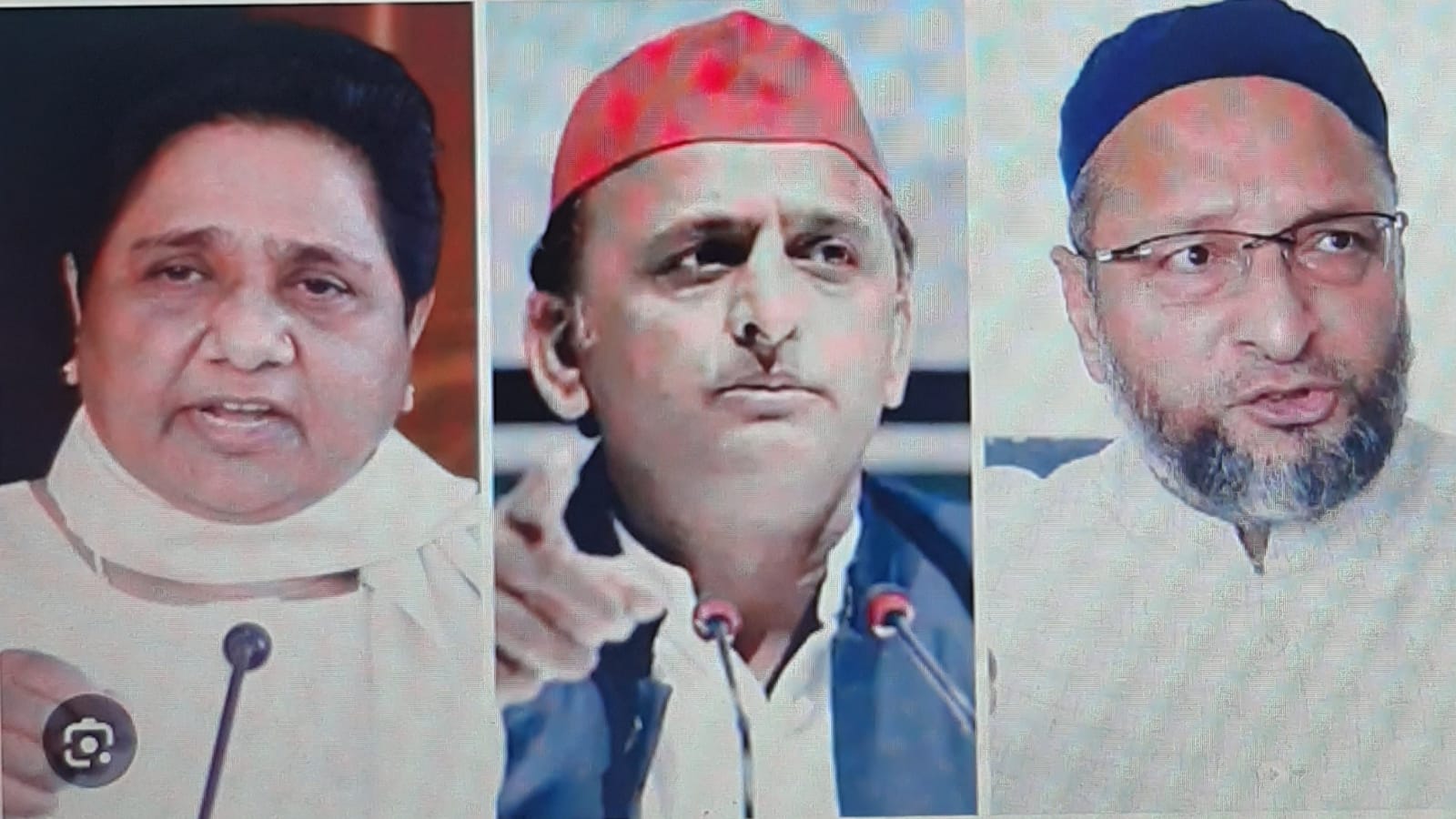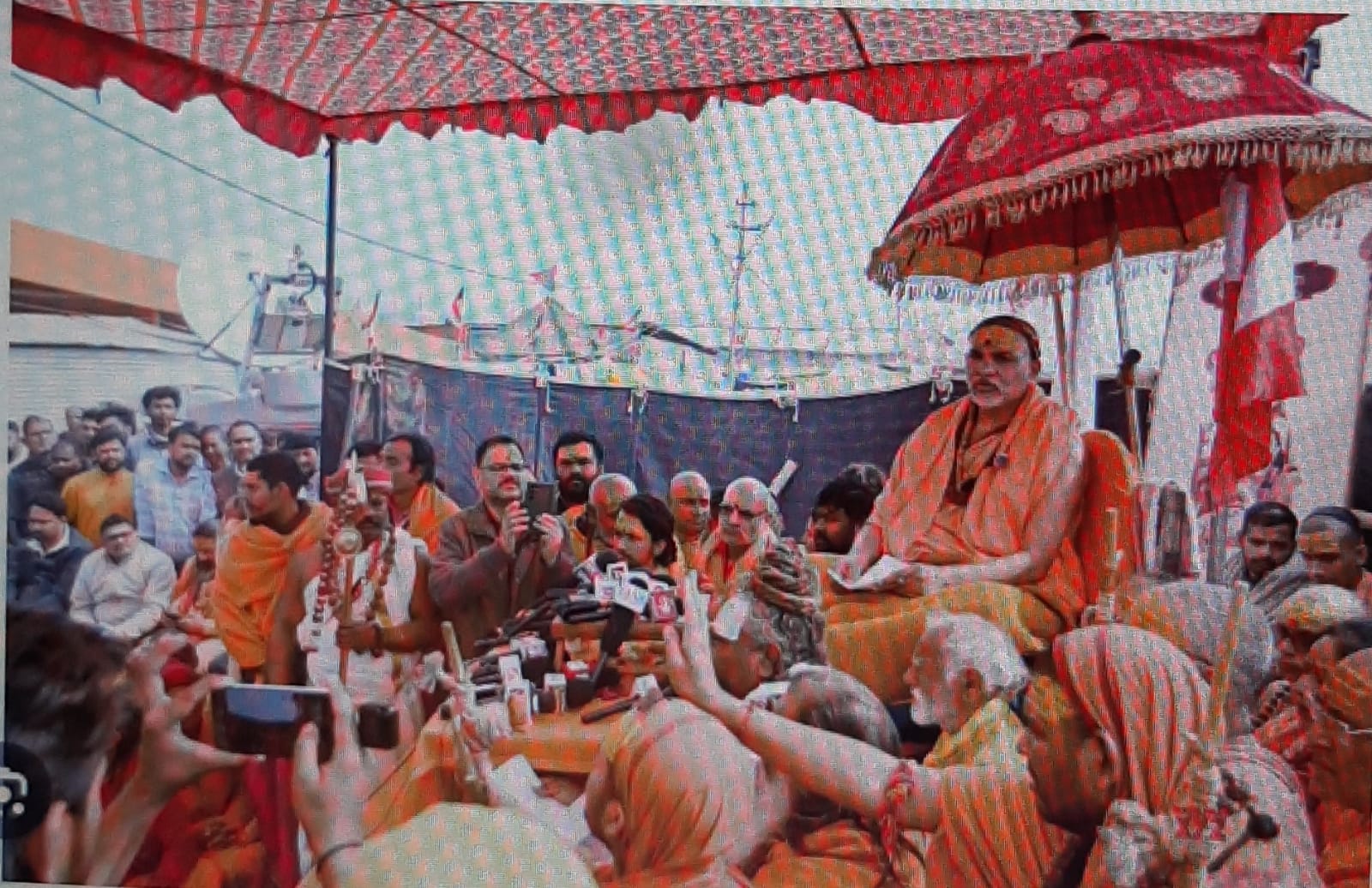
The central government should sympathetically look into the grievances of farmers to resolve them in the larger interest of the nation.
V S Pandey
Soon the farmers agitation is going to enter its second month. It is unprecedented – the scenes around major highways leading to the national capital, Delhi, with thousands of farmers spending their days and nights for nearly a month in hostile night temperatures plummeting to nearly two degrees Celsius. This kind of sustained public movement is unparalleled in our recent history which shows that our democracy is still kicking. But this agitation has to reach its logical conclusion sooner than later. No democratically elected government can afford to have thousands and thousands of its citizens protesting for months on its highways. Till now, about half a dozen meetings between the government and the farmer leaders have reached nowhere. With the kind of statements emanating from both sides, it seems both sides have reached a dead-end as far as resolving the impasse is concerned.
It is very well documented that farming has become a losing proposition over several decades – that’s why millions are moving away from farming to other vocations. This point can be easily illustrated by this fact that in the 1960s, 10 gram of gold was priced somewhere at Rs 120, while one quintal of wheat used to cost nearly Rs.45. Now compare this with today’s gold price which is nearly Rs.40,000 per ten grams whereas the MSP of one quintal of wheat is Rs. 1840/-. This issue can be further illustrated by the fact that a class one officer then drawing a monthly salary of Rs. 300/- could purchase little more than six quintals wheat then while today’s class one government officer can purchase nearly thirty quintals of wheat with his one month’s salary. Undoubtedly the number of farmers committing suicide has increased over the past several decades despite the tall claims made to the contrary by various governments ruling the centre and states. Declining farm incomes, fragmentation of holdings due to increasing population, increasing cost of production, poor and corrupt implementation of Minimum Support Price scheme has only brought misery to the farming community which was otherwise also totally devoid of basic civic amenities like good education system, health care facilities, drinking water taps, proper sanitation etc. otherwise available to other sections of population residing in urban areas. All these factors combined together have led the farming community to think collectively and demand a fair treatment from those running the governments.
People in government and those in know of things realize that unless farm stress is not addressed at the earliest, poverty alleviation in our country will always remain a distant dream. Setting up of farmers commission in 2004 was the culmination of this realisation. But as usual most of the recommendations are still gathering dust and nothing much has happened except for some minor steps here and there. The most important issue is ensuring that farmers get remunerative prices for their farm produce so that they not only survive but prosper also without getting indebted at regular intervals. This needs to be ensured at all costs.
The Modi government brought the three farm bills claiming that by opening up the farm produce market to private players, they will achieve the goal of the remunerative prices to farmers. But the government, it seems, firstly missed the point that agriculture in our country is totally in private hands and Agri markets are run and controlled by private players only. Only a very minute fraction of farm produce, that includes only wheat and rice, are procured on minimum support price for the public distribution system for the National Food Security programme. As per the latest official figures of Ministry of Agriculture, the procurement of wheat and rice is largely concentrated in the states like Punjab, Haryana, Madhya Pradesh and to some extent in Uttar Pradesh. Largely for other crops, the MSP is only on paper with hardly any procurement made anywhere. Procurement of wheat and rice is also a small portion of the total production for the year. So till now all the governmental interventions have only touched a very small fraction of the farming community. Secondly, treating the agri market like any other product market is a mistake often committed by experts dealing with this subject. Whereas in normal market operations demand and supply of any product determines the price of the product and the producers of that product are in a position to increase or decrease the supply in the market to have a control over supply situation and hence on the price of the product. But in agriculture all the produce arrives with in a month or so while consumption takes place over the year, resulting in complete distortion of the demand -supply situation leading to price crashes, thus requiring governmental interventions in manifold ways.
The time has come for the government to look at the farm distress issue holistically and take corrective steps. Government has to improve its procurement machinery which is in tatters and corruption ridden. The present farmer’s agitation is the culmination of many years of neglect and apathy shown by successive governments. By showing rigidity in its attitude towards handling the present crisis, the government will be harming itself. This time the agitating farmers are absolutely in the right and their voices must be heard.
(Vijay Shankar Pandey is the former Secretary, fertilizer, Government of India)









